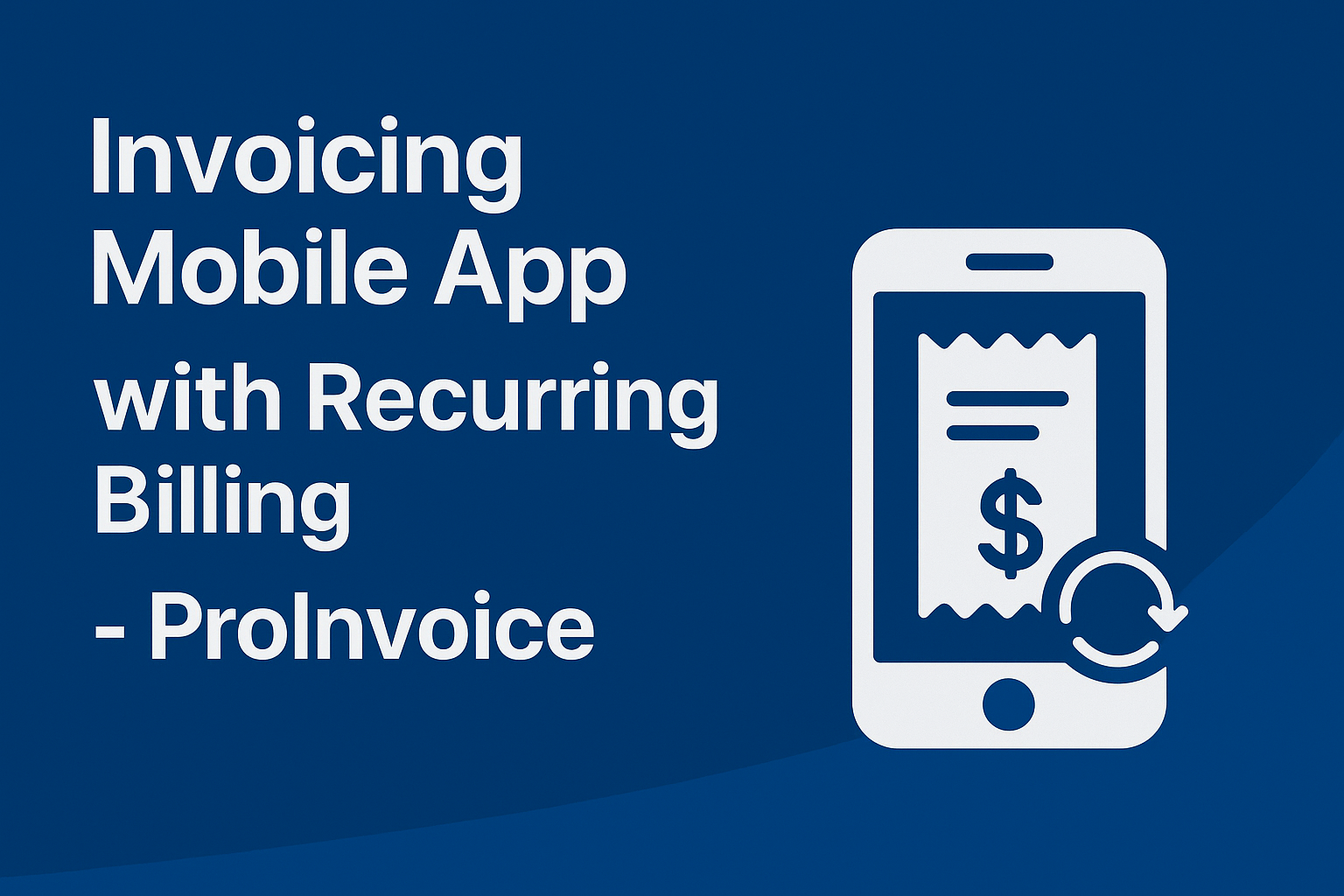If you are just starting out, getting grants or finding investors for small business is an aspect of growth that can completely change the equation for any small business.
For small business owners, securing investors is often the turning point that can fuel growth, innovation, and long-term success. In this guide, we’ll explore the crucial steps to attract the right investors who believe in your business vision and can provide the financial support you need.
Finding Investors For Small Business: Important Things To Note
Preparing for Investment
Before you start seeking investors, it’s vital to ensure your business is investment-ready. Begin by evaluating your business model and financials.
Understand your strengths and weaknesses, as well as the opportunities and threats facing your business. A solid business plan is a cornerstone of your pitch.
It should clearly define your value proposition and set realistic, measurable business goals. Additionally, assembling a capable and professional team is essential.
Investors want to know that you have the talent and expertise to execute your plans effectively.
Identifying the Right Investors
Understanding the types of investors available is crucial. You’ll encounter angel investors, venture capitalists, and crowdfunding options.
Each has its own set of expectations and investment preferences. Research and target investors who align with your business sector and values.
Consider industry-specific investors who can provide not only capital but also valuable industry insights.
Building Your Investment Pitch
Crafting a compelling investment pitch is a pivotal step. Your pitch should be clear, concise, and engaging. It’s more than just numbers; it’s about storytelling.
Explain your business’s purpose, how it addresses a market need, and what sets it apart. Unique selling points, such as patented technology or a unique market approach, should be emphasized.
Investors should leave your pitch understanding the problem you solve and the potential for returns on their investment.
Networking with Investors
Leverage your existing network to connect with potential investors. Start by reaching out to friends, family, and acquaintances who may be interested in supporting your business.
Beyond personal connections, engage with professional and industry networks. Attend pitch events, industry conferences, and local business gatherings.
Building face-to-face connections can enhance your credibility and visibility in the investor community.
Pitching to Investors
Successfully pitching to investors is an art. Your presentation should be well-structured, concise, and compelling.
Make sure to convey your passion and vision. It’s not just about the numbers; it’s about your belief in the business’s potential. Be ready to answer questions and address objections professionally.
An investor’s decision isn’t solely based on your business but also on your ability to inspire confidence in your venture.
Due Diligence and Negotiation
Once you’ve piqued an investor’s interest, they’ll conduct due diligence. This process involves a thorough investigation into your business, its finances, and your background.
Be prepared to provide comprehensive documentation. Negotiating investment terms is a critical step.
This includes discussions about equity distribution, investor involvement, and expectations. It’s crucial to reach mutually beneficial terms.
Legal and Regulatory Considerations
Compliance with legal and regulatory requirements is non-negotiable. Ensure that you adhere to securities laws and regulations, including the preparation of legal documentation.
Engage with legal and financial professionals who specialize in this area. They can help you navigate the complexities of legal compliance.
Securing Investment
Closing the deal involves finalizing investment terms and signing legal documents. Post-investment, effective communication with investors is essential.
Keep them informed about the business’s progress and challenges, demonstrating your commitment to their trust and belief in your business.
Conclusion
Securing investors for your small business is a journey that requires careful planning, networking, and dedication.
It’s a partnership built on mutual trust and shared vision. By following these steps and persisting in your efforts, you can open doors to the financial support and expertise that can drive your business to new heights.













